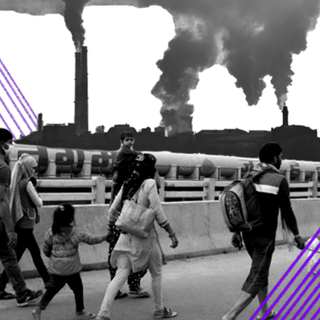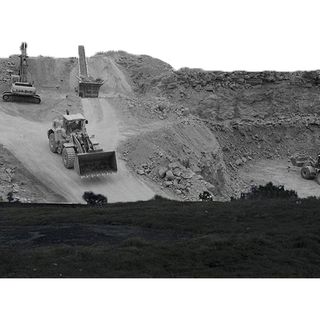The use of leaded petrol has finally ended, marking a “huge milestone” for the environment and human health, according to the UN Environment Programme (UNEP), which led an almost two-decade-long campaign for its eradication.
While the announcement from the UN came in yesterday, the use of leaded petrol officially ended in July — when the last refinery in the world, located in Algeria, exhausted its stocks.
Calling this an “international success story,” António Guterres, Secretary-General of the UN, said, “ending the use of leaded petrol will prevent more than one million premature deaths each year from heart disease, strokes, and cancer, and it will protect children whose IQs are damaged by exposure to lead.”
In use since the 1920s to “improve [engine] performance,” the adverse impact of leaded petrol on human health was reportedly pointed out as early as 1924 after workers involved in its production reported hallucinating, and fatalities began to be reported.
India began phasing out leaded petrol in the late 1990s and had completely switched over to its unleaded version by the early 2000s. However, even in the early 2000s — many, many decades after its health implications came to light — more than 85 countries around the world were still using it.
Related on The Swaddle:
Is This Normal?: “I Love the Smell of Gasoline”
According to the WHO, “leaded petrol has caused more exposure to lead than any other source worldwide.” It contaminated everything — air, water, food crops — leading to high levels of lead in human blood.
“Leaded fuel illustrates, in a nutshell, the kind of mistakes humanity has been making at every level of our societies,” Inger Andersen, executive director of the UNEP, said, adding, however, that eradicating it from the world shows “humanity can learn from and fix mistakes that we’ve made.”
Moreover, by checking its century-long adverse effects on human health and the environment, the eradication is estimated to save the global economy USD 2.45 trillion a year, according to the UN.
“[The eradication] clearly shows that if we can phase out one of the most dangerous polluting fuels in the 20th century, we can absolutely phase out all fossil fuels,” Thandile Chinyavanhu, climate and energy campaigner at Greenpeace Africa, commented.
That’s also what’s next on the agenda — moving towards cleaner fuels, and adopting cleaner vehicle standards globally, especially since the “transport sector is responsible for nearly a quarter of energy-related global greenhouse gas emissions and is set to grow to one third by 2050,” the UNEP noted.




